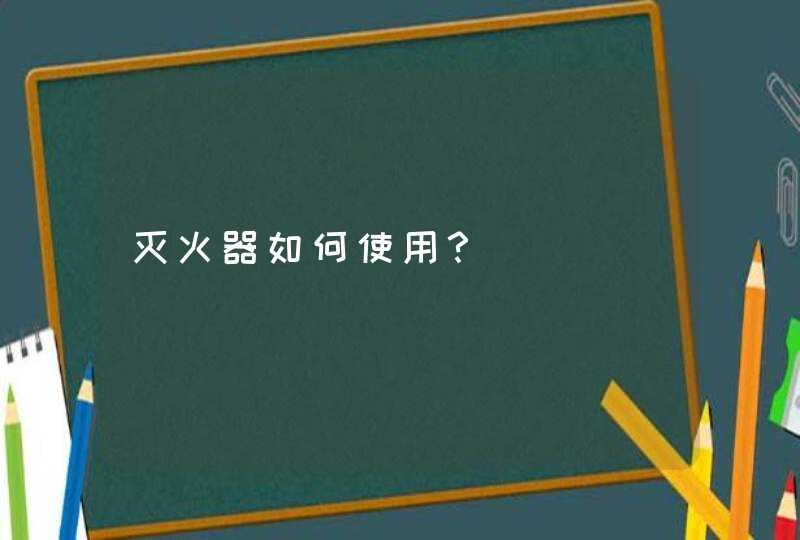一、skilled in
读音:英 [skild in] 美 [skɪld ɪn]
[体]擅长
例句:
1、He is skilled in sculpture.
他精于雕刻。
2、An eloquent speaker is one skilled in the use of words.
有口才的人善于用词。
二、skilled
读音:英 [skɪld] 美 [skɪld]
adj.熟练的,有技能的需要技能的娴
例句:
1、A high proportion of the new arrivals are skilled professionals
新来的人中很大一部分是技术熟练的专业人士。
2、He has become a skilled worker.
他已经成为一名熟练的工人。
三、proficient
读音:英 [prəˈfɪʃnt] 美 [prəˈfɪʃənt]
adj.精通的,熟练的
n.能手,老手,专家
复数: proficients
例句:
1、I am proficient in English, and I can speak a little Gemp3an.
我英文很精通,而且我会说一点点德语。
2、You need to be proficient in reading music if you do not know the song you are learning.
你需要精通读音乐如果你不知道这首歌你学习。
反义词
一、unfamiliar
读音:英 [ˌʌnfəˈmɪliə(r)] 美 [ˌʌnfəˈmɪljɚ]
adj.陌生的不熟悉的不常见的没有经验的
例句:
1、The subject is unfamiliar to me.
我对这主题不熟悉。
2、One morning, we took a different route, which led us to an unfamiliar trail.
一天上午,我们走了一条不同的路线,这条路引导我们到了一条不熟悉的小径。
二、not familiar
读音:英 [nɔt fəˈmiljə] 美 [nɑt fəˈmɪljɚ]
生疏;生疏的
例句:
1、We provided training on some jobs that the kids were not familiar with.
有些工作孩子们还不太熟悉,我们对他们进行了训练。
2、He is not familiar with the new technique.
他不熟悉这项新的技术。
hold
英 [həʊld];美 [hoʊld]
v. 拿着;控制;容纳;握住;持有;保持;掌握;认为;举行;n. 握住;控制;把握;立足点;延误;影响
1、hold的基本意思是“保持某一位置或状态”,指因个人心愿或被迫滞留或耽误不放。引申可指“托住,支持”“掌握权力,担任职务”“容纳,包含有”“正式举行〔办〕”“拥有财产,占据,守住”等。
2、hold用作及物动词时其后可接名词、代词、动词不定式或that从句作宾语。
3、hold作“认为,相信”解时可接that从句作宾语。
扩展资料:
hold, open这两个词的词义相近,但并不相同。
1、hold指“举行”会议、会谈、比赛等;
2、而open则指为大楼等举行揭幕典礼或宣布会议、运动会等开幕。例如:
They decided to hold a meeting next Tuesday.他们决定下星期二举行一次会议。
The exhibition will open the day after tomorrow.展览会将在后天开幕。


